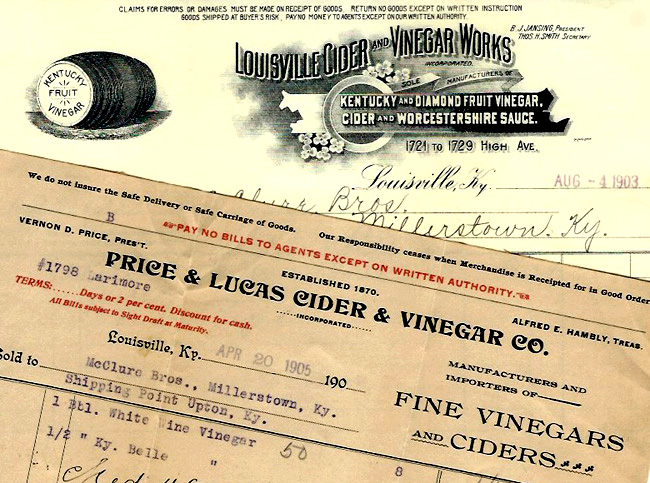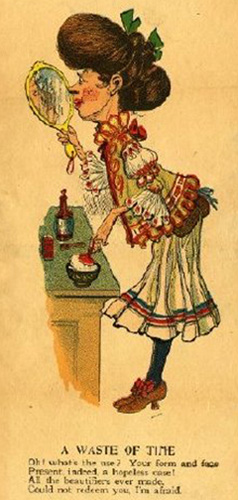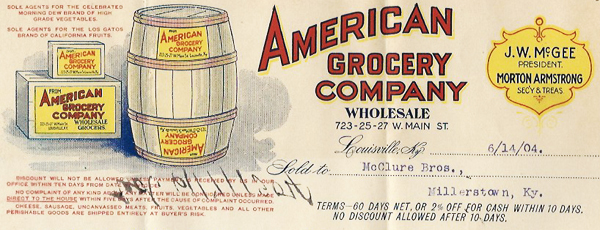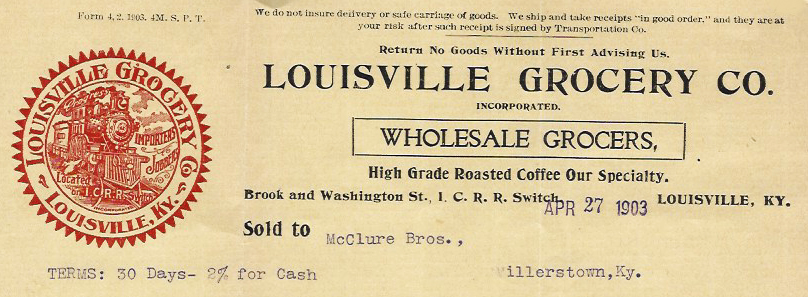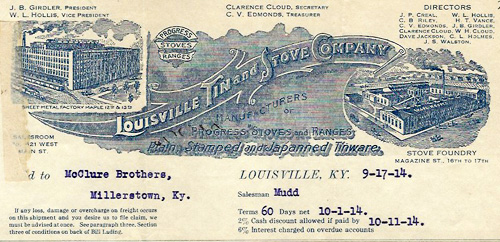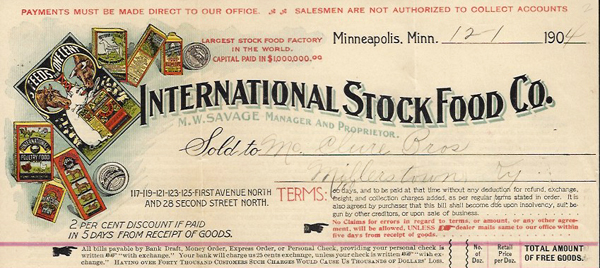Well, here it is again, November 1, National Vinegar Day – time to tip the hat to this incredibly versatile concoction, used in medicine, home canning and pickling, salad dressing, pest control, all-purpose chemical-free cleaning, and as a delicious condiment for French fries (ask a Canadian). It’s also time to highlight the vinegar-esque features of WKU’s Department of Library Special Collections.
As WKU folklife professor Lynwood Montell found in his research, Kentucky folk remedies are replete with vinegar: on brown paper applied to bruises, pains, swellings and sprains; in a poultice for an earache; with bloodroot for an itch; with salt and pepper on the chest for pneumonia; and taken internally with alum and pepper for rheumatism. Vinegar is also an indispensable ingredient in homemade cough medicine (with moderating additives, mind you, like brown sugar, butter, molasses and alcohol).
Speaking of alcohol, Kentucky distillers have found themselves well adapted to the secondary production of vin aigre – literally, “sour wine.” Early in the 20th century, the McClure Brothers store in Grayson County ordered regularly from makers of vinegar and cider in Louisville. The Friedman family, whose daughter Sunshine married prominent Bowling Green banker Max Nahm, manufactured vinegar in Paducah; Sunny’s brother Joseph then moved on to operate a large distillery in Nelson County.
But in Bowling Green, the product most likely brings to mind the historic name for the highest point on WKU’s campus: “Vinegar Hill” – so known, according to legend, for the foul moonshine once brewed there by an old woman encamped in its cedar thickets (oh, and it’s haunted too).
Vinegar’s darker side is also evident in the acidic attitude of “vinegar valentines,” many of which can be found in our ephemera collections. A kind of “anti-Valentine” popular with the Victorians, they took a poke at the recipient’s looks, marital status, habits or personality. Oh! What’s the use? one sneered. Your form and face / Present indeed a hopeless case! / All the beautifiers ever made / Could not redeem you, I’m afraid.
Click on the links for finding aids and more information. To browse other collections in WKU’s Department of Library Special Collections, search TopSCHOLAR and KenCat.

